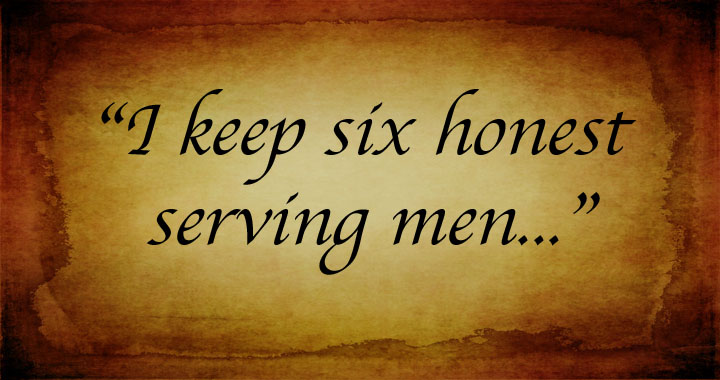“Moral authority comes from following universal principles like honesty, integrity, and treating people with respect.”
—Stephen Covey, 20th century American educator, author, businessman, and speaker
I looked up the definitions of Moral Authority and Power to see where and how they are being applied in our society.
Here is what I discovered:
Moral Authority is the influence one has based on ethical principles and character, allowing them to inspire or persuade others by appealing to what is right and good. It is internally generated, fragile, and most continuously earned through trust and authentic behavior.
Power, in contrast, often refers to the ability to enforce actions or decisions through formal authority or control over people and resources. It can be granted by position or title, and is more about control than influence.
While power can compel action, moral authority persuades through ethical appeal.
EXERCISE:
How do you react and respond to individuals with moral authority versus power in your personal and professional lives?
What approaches do you find work best to influence or persuade others to follow your lead?












